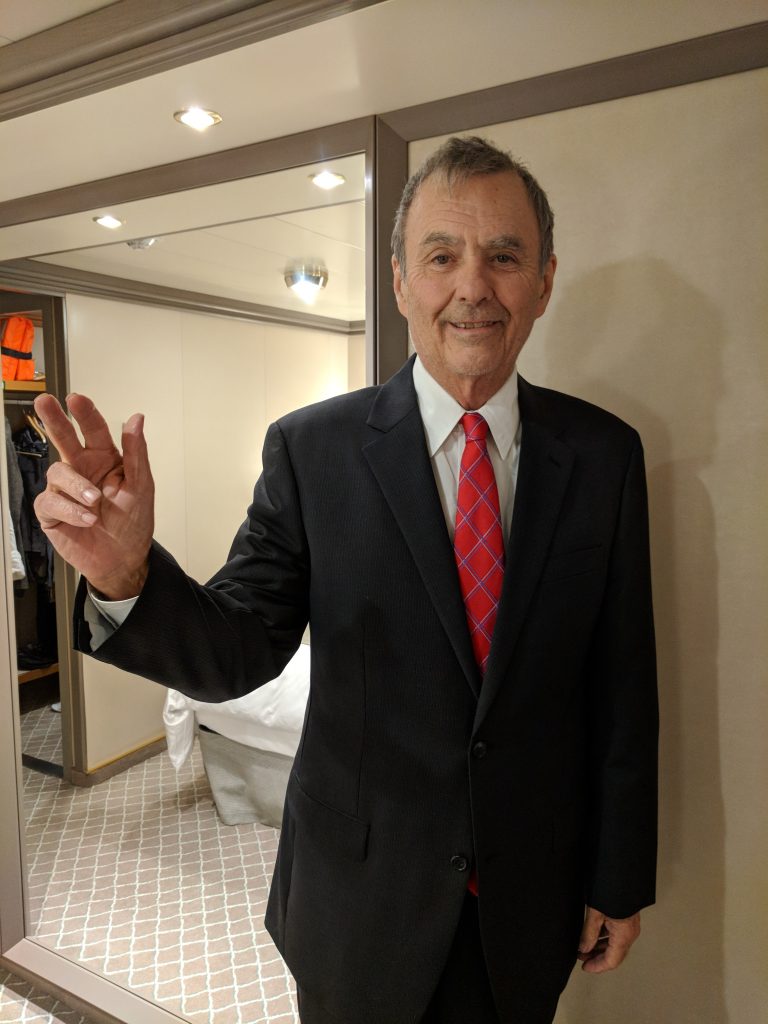Crying Out for an End to Overdraft Fees — Meet Grain Technology

By Robert McGarvey
Probably the single most despised charge at financial institutions is the overdraft fee – and a NerdWallet survey of the exact charges imposed by a selection of mid-sized (Navy Federal) through mammoth (Chase) institutions found fees at $20 (Navy Federal) and as high as $39 (KeyBank).
$35 is a particularly common charge in the survey.
Rapacious greed.
Ask yourself this. You present a Visa card at WalMart and the card is declined (and you know it’s because the balance is overextended and a payment is late). Does the cashier say, “Sorry, bud, card declined and now you owe us another $35 for being a nuisance.”
That does not happen.
You walk out without your purchase but you aren’t dinged for a nuisance charge.
Overdrafts are different – charges are the norm – even tho at the financial institution all that happens is that bits and bytes shuffle around on a computer screen.
In the olden days, yes, a bounced check was a hassle. It generated lots of paperwork. Many hands of many clerks got involved. Very probably a fee was justified.
Not today. It’s all automated.
A few innovative, digital first institutions (Simple and Chime for instance) already charge no overdraft fees. More will follow. But very probably many legacy institutions will cling to the fees because it’s easy money.
Some credit unions have worked up their own ways to help members dodge overdrafts – Hope Credit Union tell about its tools in this podcast – but many smaller institutions don’t know exactly how to handle this issue.
So they charge overdraft fees, the old school style.
It hurts consumers. It’s terrible for a financial institution’s reputation. But it is easy money.
So now third party work arounds are in the mix.
For the consumer the message is simple: you can keep your legacy checking account but make yourself immune to overdraft fees.
How?
Meet Grain Technology, a Northern California based start up on a mission to stamp out overdraft fees and, in the process, help thin file consumers create credit histories. Win win.
For the participating credit union, it’s plug and play. The member links the sharedraft account to Grain and Grain takes care of the rest.
And Grain has been invited to play in the Arizona fintech sandbox where it is allowed to pilot its tools freed from some regulatory constraints. The company already has plans to offer its tools to students at Arizona State, the nation’s biggest university.
Exactly what does Grain do? In a conversation with Carl Memnon, COO of Grain and a co-founder (hear the podcast here), the details emerged.
The building blocks are that Grain takes a new look at the consumer’s spending habits, income, expenses. It generates a proprietary algorithm. This lets it predict when a consumer’s linked checking account is likely to go into overdraft and Grain can offer an injection of cash to inoculate against an overdraft fee.
The charge? Grain sees its APR ranging from 12% to 15.99% and it envisions cash injections typically ranging from maybe $25 to a few hundred dollars.
Result one: no more overdraft fees.
Result two: the consumer builds a credit history that Grain will report to monitoring agencies. For a thin file young adult that just may be a real blessing. Especially since many of those generations are averse to using conventional credit instruments.
Right now Grain is looking to partner with credit unions that want to help members sidestep overdraft fees. Most of those consumers, said Memnon, probably will come from the money center banks (with overdraft fees typically around $35 per incident).
What would prompt a B of A customer to ditch that institution in favor of a much smaller credit union? Just one overdraft fee could do it. Especially when the recruitment pitch is that this tool will stop overdraft fees, period.
Memnon said Grain also envisions sharing its interest income with participating institutions.
All while essentially living up to the credit union mission of helping consumers manage their money better.
Find out more about Grain here: team@trygrain.com.
Listen to the CU2.0 podcast with Grain here.